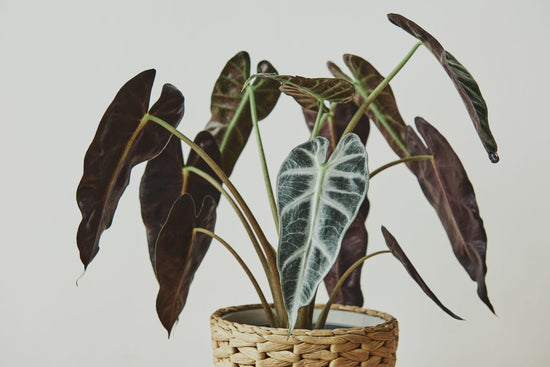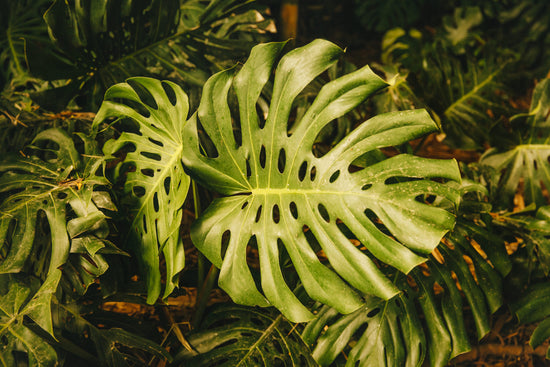Hydroponics is a method of growing plants without soil, where plants get their nutrients from a water-nutrient solution. This method of growing is used worldwide on a variety of scales, from large commercial operations to small, home gardens. Hydroponics offers numerous advantages, including better control over nutrient supply, more efficient use of water, and increased plant productivity.
Basics of Hydroponics
What is hydroponics?
Hydroponics, also known as hydroculture, refers to the cultivation of plants in an aqueous nutrient solution. Instead of soil, hydroponic systems use various substrates such as perlite, vermiculite, coco coir or rockwool to support the plants. The roots of the plants are either completely in the nutrient solution or partially in a substrate and partially in the nutrient solution.
Advantages of Hydroponics
- Efficient use of water : Hydroponics uses up to 90% less water than traditional soil cultivation because the water is recycled in a closed system.
- Control over nutrients : The nutrient concentration can be precisely adjusted to promote optimal plant growth.
- Faster plant growth : The constant availability of nutrients and water allows plants to grow faster in hydroponic systems.
- Space saving : Hydroponics allows plants to be grown in vertical systems, which is especially beneficial in urban areas.
- Reduced pest and disease infestation : Without soil, the risk of soil-based diseases and pests is lower.
Different types of hydroponic systems
There are several types of hydroponic systems that vary in their complexity and application. The most common systems include:
1. Nutrient Film Technique (NFT)
In this system, a thin layer of nutrient solution flows continuously over the roots of the plants, which sit in a slightly inclined channel. This system is particularly efficient because the roots are constantly supplied with oxygen and nutrient uptake is maximized.
2. Deep Water Culture (DWC)
In the DWC method, the plant roots are immersed directly in a deep water-nutrient solution. An air stone provides the necessary aeration of the solution to supply the roots with sufficient oxygen. This system is easy to operate and is well suited for growing leafy vegetables and herbs.
3. Ebb and flow system (flood and drain)
In this system, the plant pots are regularly flooded with nutrient solution and then drained. This allows for optimal nutrient supply and ventilation of the roots. The ebb and flow system is versatile and can be used for different types of plants.
4. drip system
The nutrient solution is fed directly to the roots of the plants through a drip pipe system. The drip system can be operated either continuously or intermittently and offers precise control over the nutrient supply.
nutrient solutions in hydroponics
A balanced nutrient solution is crucial to the success of a hydroponic system. The nutrient solution must contain all the essential macro and micro nutrients that the plants need for growth. These include:
- Macronutrients : nitrogen (N), phosphorus (P), potassium (K), calcium (Ca), magnesium (Mg) and sulfur (S).
- Micronutrients : iron (Fe), manganese (Mn), zinc (Zn), copper (Cu), boron (B), molybdenum (Mo) and chlorine (Cl).
The nutrient solution should be monitored and adjusted regularly to ensure that the plants always have optimal conditions.
Practical Tips for Hydroponics
- Choosing the Right System : Choose the hydroponic system that best suits your plants' needs and your available space.
- Checking the nutrient solution : Regularly check the pH and EC (electrical conductivity) values of the nutrient solution to ensure they are within the optimal range.
- Lighting : Plants in hydroponic systems require sufficient light. Use artificial lighting such as LED bulbs if natural light is not sufficient.
- Oxygen supply : Make sure the roots are supplied with enough oxygen, especially in deep water culture systems.
- Temperature and humidity : Keep the ambient temperature and humidity at optimal levels to promote plant growth.
Hydroponics offers an innovative and efficient method of growing plants that offers many advantages over traditional soil cultivation. With the right choice of systems, careful monitoring of nutrient solutions and attention to the needs of your plants, you can successfully grow healthy and productive plants in a hydroponic environment.





